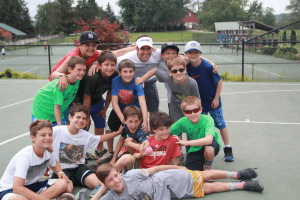 At Camp Starlight, we strive to create a culture of kids and teens that respect themselves and others. Everything we do is based on giving young people every opportunity to interact with other people in a healthy and positive way. Every day, campers learn to solve conflicts, share their feelings, listen, and communities effectively; skills that are vital in becoming a productive member of society. And in a world where so many kids report feeling left out and alone, we’re determined to help create a culture of “includers.”
At Camp Starlight, we strive to create a culture of kids and teens that respect themselves and others. Everything we do is based on giving young people every opportunity to interact with other people in a healthy and positive way. Every day, campers learn to solve conflicts, share their feelings, listen, and communities effectively; skills that are vital in becoming a productive member of society. And in a world where so many kids report feeling left out and alone, we’re determined to help create a culture of “includers.”
Inclusivity is a foundational element at camp, and from day one campers are taught the importance of teamwork and making everyone feel welcomed. In a place with this many people, there are bound to be personality conflicts, but we welcome these as opportunities to teach respect and acceptance. Everyone is welcomed to camp with open arms, and a friendly and welcoming attitude is instilled into everyday culture.
When we hire counselors, there are a few things we look for in regards to character and personality, and an attitude of acceptance, respect and inclusivity are some of them. Our counselors and staff are trained to lead activities that make everyone feel included, and to notice signs in campers that could signify that they’re feeling left out or lonely. Campers also see counselors interact with other groups and staff members and learn to model their positive and inclusive behavior. There is no “us vs. them” mentality at camp (unless it’s all in fun during a game or competition!) and even good sportsmanship and teamwork are a top priority.
One of the coolest things about camp is that the options for sports, arts, activities, and adventures are endless. There is not a one-size-fits-all type of camp; it’s a place where kids with all different levels of abilities and strengths can find a place where they belong. Everyone finds their place at camp, and is encouraged by other campers and staff to be the best versions of themselves.
Camp is a place where boys and girls feel like they belong. After a summer at camp, students head into the school year with an eye and a heart for others. They learn to build others up and make everyone feel included. If you were to take a peek at campers as they enjoy a meal, you’d never guess that they were strangers before; the connection and relationships that they build at camp are based on respect, communication, and inclusivity.



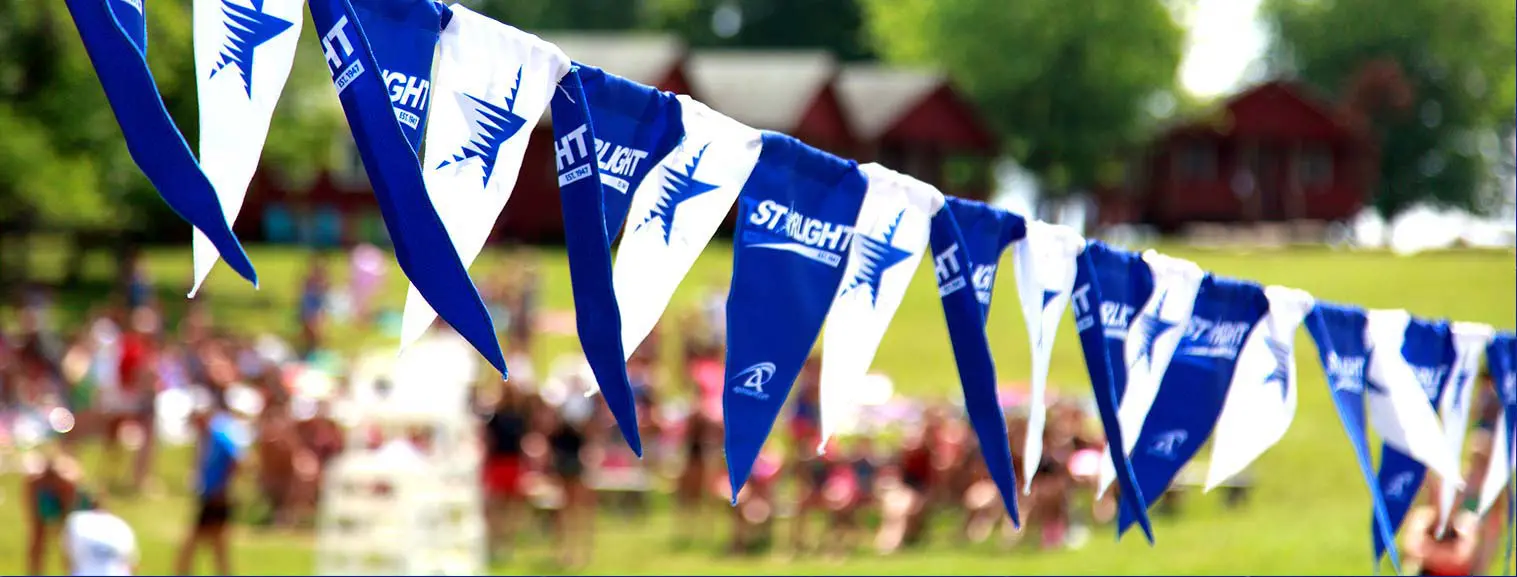
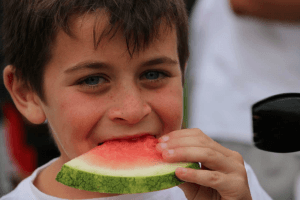 For some lucky families, dinnertime is an enjoyable and relaxing time to connect with family. For others, it’s like World War III. Whether kids are too busy chatting about their day to eat, or refuse to eat anything remotely healthy, keeping kids fed can be a challenge for many families. Many parents are surprised to hear that when their kids go to camp, they’re more likely to try newer, healthier foods than they would at home.
For some lucky families, dinnertime is an enjoyable and relaxing time to connect with family. For others, it’s like World War III. Whether kids are too busy chatting about their day to eat, or refuse to eat anything remotely healthy, keeping kids fed can be a challenge for many families. Many parents are surprised to hear that when their kids go to camp, they’re more likely to try newer, healthier foods than they would at home.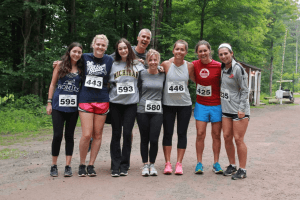 After working a summer at sleepaway camp, it is hard to summarize the vast amount of experience gained in just a few weeks. Over the course of one summer, you are presented with challenges, lessons, an increased set of skills, and numerous other benefits. When you think of a summer spent working at sleepaway camp, the first thing that comes to mind are the times spent on the field helping kids learn how to kick a soccer ball, in the bunk playing jacks with your campers, or at the evening campfires roasting S’mores. Because each of these moments are filled with lifelong memories, it can be challenging to recognize that these moments are extremely applicable in the professional world.
After working a summer at sleepaway camp, it is hard to summarize the vast amount of experience gained in just a few weeks. Over the course of one summer, you are presented with challenges, lessons, an increased set of skills, and numerous other benefits. When you think of a summer spent working at sleepaway camp, the first thing that comes to mind are the times spent on the field helping kids learn how to kick a soccer ball, in the bunk playing jacks with your campers, or at the evening campfires roasting S’mores. Because each of these moments are filled with lifelong memories, it can be challenging to recognize that these moments are extremely applicable in the professional world.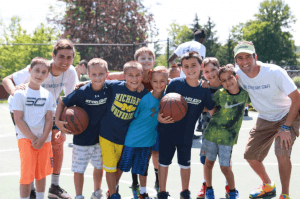 Even if campers end up owning their own business or going the entrepreneurial route, they will still need to know how to work well with others. This is why learning to play well with others is such a valuable skill. Counselors lead by example and demonstrate practical communication skills, conflict management, compromise, listening skills and working together. Many camp activities require campers to work together in order to be successful. Campers learn to trust and encourage each other. Campers who feel confident working with others at camp build a solid foundation for teamwork in the workplace.
Even if campers end up owning their own business or going the entrepreneurial route, they will still need to know how to work well with others. This is why learning to play well with others is such a valuable skill. Counselors lead by example and demonstrate practical communication skills, conflict management, compromise, listening skills and working together. Many camp activities require campers to work together in order to be successful. Campers learn to trust and encourage each other. Campers who feel confident working with others at camp build a solid foundation for teamwork in the workplace.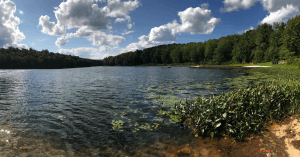 Children and teenagers are constantly surrounded by stimuli. They are easily overwhelmed with the sights and sounds that surround them, and often don’t have the skills to be fully present and limit distractions. This is why more and more teachers and professionals are incorporating mindfulness into their curriculum. And why Camp Starlight has been doing it since the beginning.
Children and teenagers are constantly surrounded by stimuli. They are easily overwhelmed with the sights and sounds that surround them, and often don’t have the skills to be fully present and limit distractions. This is why more and more teachers and professionals are incorporating mindfulness into their curriculum. And why Camp Starlight has been doing it since the beginning.